Sotheby’s Buyers’ Guide: Europe

Selected information about the purchase of Real Estate across Europe.
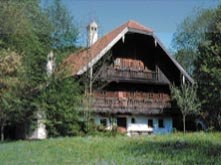
In Austria, restrictions regarding the purchase of secondary residences exist. In general, the purchase of a secondary residence has to be approved by the local authorities. However, citizens of the European Union are able to acquire real estate without any restrictions in case they establish their legal residence in Austria. The sale of real estate requires a notarised sales contract upon which the purchase price is deposited in an escrow account. Ownership is subsequently transferred with registration with the land registry. Associated costs may include lawyer’s fees, notary fees (approx.1% to 2% of the sales price plus VAT), registration fees (1%) and property transfer tax (3.5% of the sales price). Commissions of real estate brokers vary, but will mostly be based for both buyers and sellers at approx. 3% of the purchase price (plus VAT).
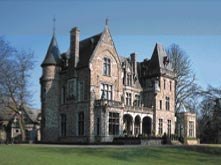
In general, real estate can be acquired by simple agreement. Usually, a binding, private written contract is entered into prior to the notarised sales agreement. Such a contract is usually drafted by legal counsel and may contain conditions upon which the validity of the sale is dependent. At this time, a deposit of usually 10% of the sales price is made and placed into an escrow account until the notarised deed is issued. After the signature of the notarised deed, the sale will be registered with the official registry upon which duties of 12.5% of the sales price become due. Associated costs may include VAT for newly built properties, legal fees, notary fees (0.1% to 0.5%) as well as local taxes. Commissions of real estate brokers vary, but will mostly be based around 3% to 4% of the purchase price. In most cases, the commission will be paid by the seller of the property.
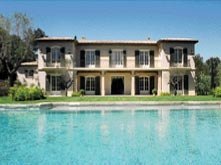
In general, real estate can be acquired by simple agreement. However, the purchase process usually consists of two steps. First, a pre-contract is entered into. One type of pre-contract is the socalled “promesse de vente” giving the buyer an option to buy within a certain period of time for an agreed upon price in return for a forfeitable deposit (up to 10% of the sales price). The most common form of pre-contract is the “compromis de vente”, a binding sales contract which already contains the terms of the sale. Such a “compromis de vente” may contain a number of conditions upon which the validity of the sale is dependent (e.g. grant of a loan etc.). The final sales contract (“acte authentique”) needs to be entered into before a notary who is obliged to do comprehensive research regarding possible encumbrances prior to the sale. After the notarised sales contract has been entered into, the vendor will be registered with the official French property register. Many controls are requested by the seller to protect the buyer. Furthermore, the buyer is given 7 days after the signature of the precontract to change his mind without any penalty. Associated costs may include notary fees (2% to 2.5%) and property purchase tax / registration costs (approx.4.5% to 5.5%). Commissions of real estate brokers vary, but will mostly be based around 5% of the purchase price. In most cases, the commission will be paid by the seller of the property.
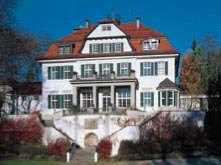
A valid sale of real estate requires a notarised sales contract. The notary will draft the sales agreement and verify the (non-) existence of possible encumbrances. Payment is subsequently made as stipulated in the notarised sales agreement. Upon completion, the sale is registered with the local land registry (“Grundbuch”) and ownership is transferred. Associated costs may include legal fees, notary fees (approx.1.5% of the purchase price) and property transfer tax (3.5%). Commissions of real estate brokers vary, but will mostly be based around 4% to 6% of the purchase price. In most cases, the commission will be paid by the seller of the property. However, commissions may also be split between buyer and seller in some regions.
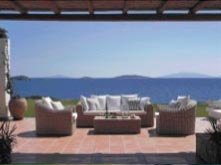
Prior to the final sales contract, a pre-contract is customarily entered into. At that time, a deposit of up to 10% of the purchase price is usually made. Legal counsel of the buyer should verify the (non-)existence of possible encumbrances as well as the validity of building permits etc. The final sales contract is entered into before a notary in presence of legal counsel of both parties. Prior to the notarised sales contract, the buyer has to apply for a Greek tax number. New ownership is subsequently registered by buyer’s counsel with the local registry. Associated costs may include legal fees, notary fees (1% to 2%), registration fees and property purchase tax (9% to 11%). A real estate broker’s commission of 2% is charged to the buyer. The commission for the seller is variable but averages 5%.
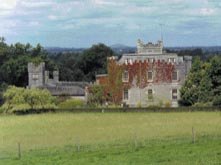
Prior to a final sales agreement a formal offer to buy, subject to survey and contracts will usually be made upon acceptance of which a refundable booking deposit of 2.56% to 5% is made to take the property off the market. A subsequent binding agreement to buy is made through an exchange of private contracts drafted by seller’s counsel and approved by buyer’s counsel. At the signing of the contract a deposit of 10% (including and binding deposits which may have been already paid) of the purchase price is usually priced in an escrow account with the seller’s lawyer. Final completion / handover will normally take place 4 to 12 weeks later (or by formal agreement) at which time the remaining balance of the purchase price must be paid in full. Upon completion of the sale new ownership is registered with the Land Registry by buyer’s counsel. Associated costs may include legal fees (approx. 1% plus VAT), registry fees (approx. 200) and property purchase tax / stamp duty (7% up to 635,000 and 9% above 635,000). Commissions of real estate brokers vary, but will mostly be based between 2.5% and 3.5% of the purchase price and be paid by the seller of the property. It is advisable for overseas buyer to instruct an agent as a representative in negotiations with a view to buying the property at the best possible price. Additional fees for the buyer will normally be in the region of 1.5% to 2.5% plus VAT.
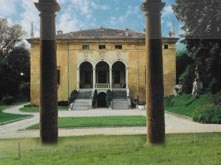
Property ownership can be acquired through a written or notarised contract. Usually, the sales process consists of two steps. First, a binding pre-contract (“contratto preliminare” or “compromesso”) is entered into in which the parties agree to enter the final sales contract (“rogito”) and which already contains all elements of the final agreement. Usually, a deposit (10% to 30% of the purchase price) is made at that time. Prior to that, buyers should verify formal ownership, past payment of property taxes and the validity of building permits. The pre-contract may be preceded by a binding formal offer to buy (“proposta d’acquisto”). Ownership of the property is transferred by entering into a notarised sales contract (“rogito”) or notarisation of a prior private contract. Subsequently, the sale is registered with three different public registers. Associated costs may include notary fees (approx. 2%) and property purchase taxes (approx. 3% to 10% for private individuals, 4% to 20% for corporate entities). Commissions of real estate brokers vary, but will mostly be based around 5% of the purchase price for sellers. In some cases, a commission of approx. 3% may also be paid by the buyer of the property.

Real estate can be acquired by simple agreement, both oral and written. However, the sales process will usually consist of both a written, private contract binding both parties and containing the essential terms of the sale, and a subsequent notarized sales contract. The notary will initiate the registration with the local land registry. Associated costs may include notary fees (approx. 1.5% plus VAT), property purchase tax (6%) and registration fees (approx. 0.5%). Commissions of real estate brokers vary, but will mostly be based around 2.5% of the purchase price. In most cases, the commission will be paid by the seller of the property. However, if the buyer has hired his own estate agent to assist him in buying a property, he is responsible for the compensation of his agent.
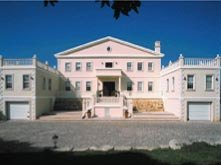
The process of buying real estate in Portugal consists of a written promissory contract (“contrato promessa compra e venda”) containing the terms of the sale and a subsequent notarized sales contract (“escritura”). When the promissory contract is entered into, the buyer pays a non-refundable deposit of usually 10% of the purchase price. Subsequently, the remainder of the purchase price becomes payable when the notarised sales contract (“escritura”) is entered into. The use of legal counsel by buyer and seller is recommended and common practice. Counsel will do the necessary due diligence including the verification of the existence of a tax certificate, an excerpt from the land from the land registry (“registro predial”) as well as a habitation licence (“licença de habitação/utilição”). In addition, counsel will also initiate the application for a tax number for the buyer and the registration of the property with the property registry. Property transfer tax in Portugal is currently 6% of the purchase price for properties with a purchase price above 500,000. Notary and registration fees are approx. 1% of the purchase price. Commissions of real estate brokers will mostly be based around 6% of the purchase price and be paid by the seller.
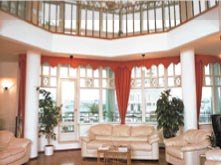
In general, the valid purchase of real estate in Russia requires a notarised sales agreement. The notary will draft the agreement and verify the (non-) existence of possible encumbrances. Payment is subsequently made as stipulated in the notarised sales agreement. Both wire transfers and cash payments are possible payment options. The notarised sales agreement requires registration with the regional State Real Estate Committee. The registration process usually takes between one and two weeks after which the purchaser is issued a registered property certificate. Deposits usually amount to 10% of the purchase price. When investments in developments under construction are made, an investment contract is signed between investor and developer. Notarisation is not required, registration with the State Real Estate Committee is optional. Payment is made prior to completion of the construction in installments as stipulated in the contract. The first installment amounts usually to no less than 30% of the total purchase price. Upon completion of construction, the investor will receive a certificate of registered rights to the property. Associated costs include notary fees (1.5%) and annual property tax (0.1% to 0.3%). Commissions (3 to 4%) are paid in most cases by the seller or developer.
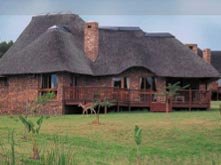
In South Africa, real estate can be acquired by simple agreement. The sales agreement is usually drafted by the real estate agent and is binding without involvement of legal counsel or a notary. The sales contract is subsequently submitted to the deeds office for registration of the transaction which is processed by an attorney. Purchasers are liable to pay transfer tax and legal fees which amount to approx.10% of the purchase price. Foreign purchasers may be entitled to obtain mortgage financing to up to 50% of the purchase price. Commissions range from 6% to 7.5% (plus VAT).
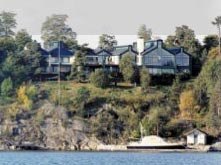
Real estate can be acquired through a simple exchange of contracts; notarisation of such purchase agreement is not necessary. The buyer has to apply for registration with the land registry within three months of the sale.
Associated costs may include stamp duty (1.5%), VAT and legal fees. Commissions of real estate brokers vary, but will mostly be based between 3% to 5% of the purchase price. In most cases, the commission will be paid by the seller of the property.
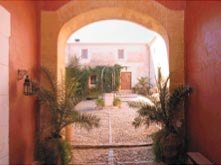
In general, property can be acquired by simple agreement, preferably written. However, since the registration with the property register requires a notarised sales contract, the sales process usually consists of two steps. 1. A binding, written sales contract between buyer and seller is entered into containing the terms of the sale. At that time, a deposit of approx. 10% of the purchase price is usually made. Prior to that, buyers should verify ownership with the Land Registry. Other items worth checking are habitation permission, property taxes due and possible existing rental contracts. 2. The notarised sales contract (“escritura publica”) is entered into, which allows the sale to be registered with the Spanish Land Registry. The registration process is usually handled by specialised agencies (“gestorias”). Associated costs may include property purchase tax or VAT (7% for existing structures or VAT for newly developed structures). However, on urban plots, commercial premises and garages (not connected to a residence) purchased from a developer, VAT of 16% becomes due. There is also a stamp duty (1%) when VAT is applicable. In addition, notary and registration fees which are fixed on the basis of a scale. A Spanish particular is “plusvalia”, a municipal tax on the increase in value on the land. Although it is intended to be paid by the seller, it may be subject of negotiation between buyer and seller. The “plusvalia” is to be distinguished from the capital gains tax payable by the seller on profits made when selling the property. Commissions of real estate brokers vary, but will mostly be based around 4% to 6% of the purchase price. In most cases, the commission will be paid by the seller of the property.
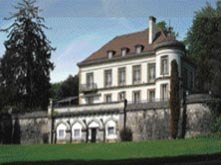
Due to recent law changes, citizens of the European Union are now able to acquire real estate without any restrictions if they establish their legal residence in Switzerland. However, the purchase of secondary residences is still subject to numerous restrictions. Financially independent foreigners who establish their legal residence in Switzerland without working there (such as privateers, international entrepreneurs etc.) may take advantage of the possibility to negotiate an individual tax agreement (“Pauschalsteuerabkommen”) with the tax authorities of the local Canton. Such a tax agreement allows such persons to be taxed only on their average cost of living. Neither foreign income nor capital is taxed under such an agreement. Real estate is purchased by means of a notarised sales contract. Ownership is transferred with the registration with the land registry (“Grundbuch”). Costs include notary fees (approx. 0.5% to 1% plus VAT), property purchase tax (“Handänderungssteuer”, 1% to 1.5 %) and fees for a compulsory property evaluation (around 760). Commissions of real estate brokers vary, but will mostly be based between 3% to 6% of the purchase price. In most cases, the commission will be paid by the seller of the property.
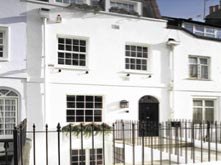
Prior to the final sales agreement, a formal offer to buy, subject to survey and contracts will usually be made. A binding agreement to buy is then made through an exchange of private contracts at which the parties will be represented by legal counsel. At that time, a deposit of 10% of the purchase price is usually placed in an escrow account with the seller’s lawyer. Completion is then 15 to 30 days later. Following the final sale, new ownership is registered with the Land Registry. Costs include stamp duty (1% above £60,000 up to £250,000, 3% above £250,000 up to £500,000 and 4% above £500,000), legal fees (approx.1%) and registry fees (approx.£200).Commissions of real estate brokers vary, but will mostly be based around 2% to 3% of the purchase price. The commission will be paid by the seller of the property. Buyers may sometimes be represented at their own expense.This article was kindly provided by Sotheby's International Realty.
Diana Morales, 01 Jan 2004 - News
Related Articles
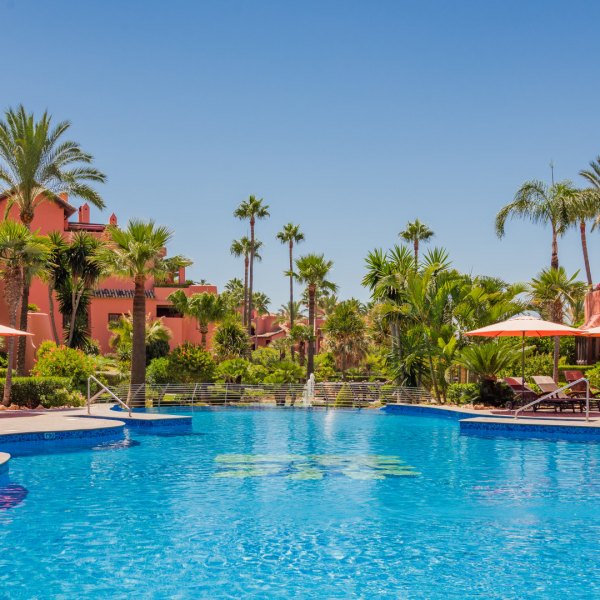
Good News for Tourist Rentals in Andalusia: Licences Remain Valid After a Property Sale
3 min. read · Pia Arrieta
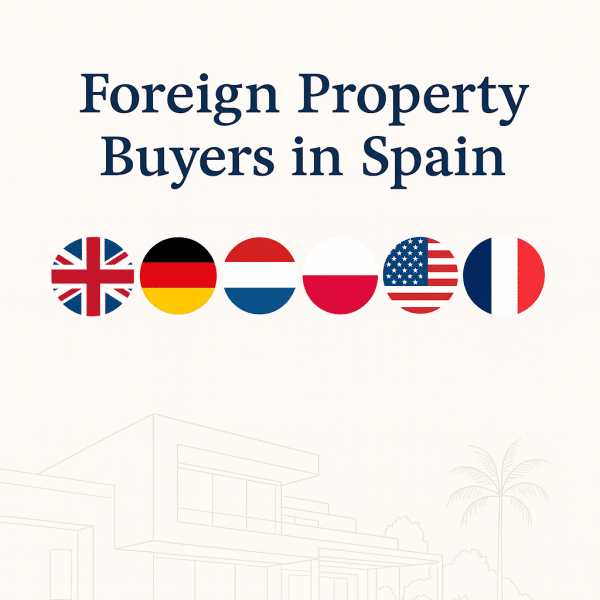
The impact of foreign property buyers in Spain
6 min. read · Pia Arrieta
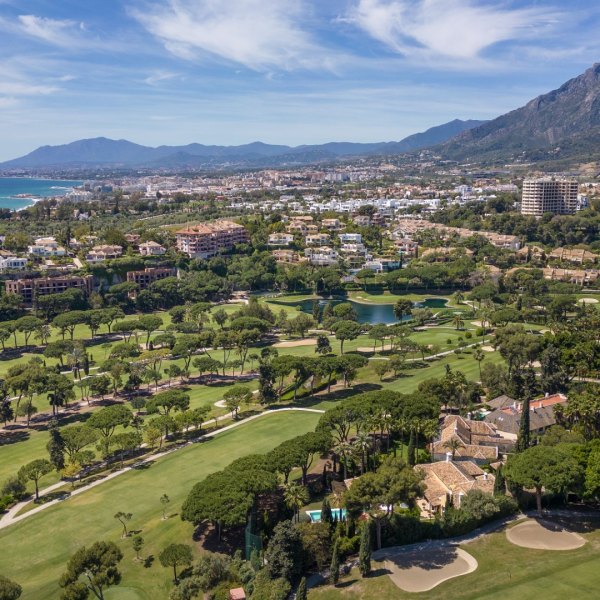
Top emerging areas in Marbella
5 min. read · Pia Arrieta

Knight Frank: Prime Global Cities Index, Q2 2025
2 min. read · Pia Arrieta